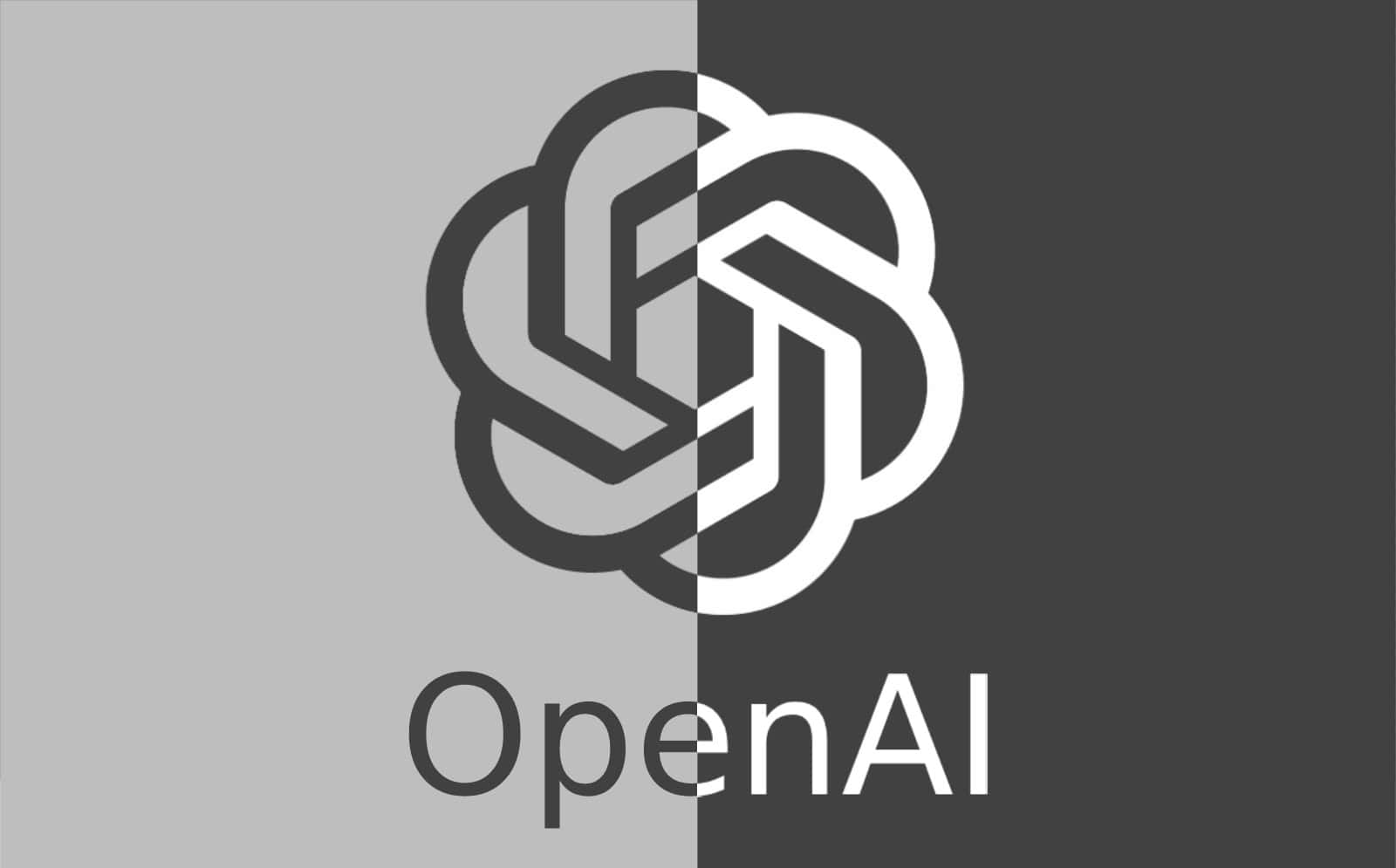With a recent $6.6 billion investment, OpenAI, a $157 billion artificial intelligence behemoth, is considering a major transition from its non-profit roots to a more traditional for-profit business model.
The business has started preliminary talks with Delaware and California officials to manage this transition.
According to a Bloomberg story, people with knowledge of the situation said OpenAI is having first discussions with the California attorney general’s office about the difficulties of altering its organizational structure.
It will be a major topic of discussion how OpenAI views its extremely profitable intellectual property, especially its exclusive ChatGPT technology.
According to an official letter written to OpenAI, Delaware’s attorney general is also involved and is asking for comprehensive plans for the possible restructuring.
Keeping Mission And Profit In Balance
OpenAI was founded in 2015 as a non-profit organization to create artificial intelligence for society’s benefit. However, its transition to a for-profit business model raises concerns about whether it will continue to uphold this goal.
Bret Taylor, the chairman of OpenAI’s nonprofit board, promised that the organization would still be a major part of any reorganized company.
According to Taylor, “any possible reorganization would guarantee the nonprofit’s survival and prosperity while obtaining full compensation for its existing interest in the for-profit.”
The shift to a for-profit business model stems from OpenAI’s 2019 intention to create a capped for-profit subsidiary to defray the expensive expenses of developing AI.
Historically, there have been conflicts between OpenAI’s administration and nonprofit board, especially when balancing AI safety and business needs.
This tension was made public when CEO Sam Altman was momentarily fired in 2023 and reinstated after a disagreement about the company’s commercialization approach.
Handling Regulatory Scrutiny
The regulatory process is anticipated to be complex. Legal professionals stress that California law guarantees nonprofit assets have a charitable purpose and mandates their accurate assessment.
OpenAI has a vast portfolio of intellectual property, thus this criterion might make the examination more difficult.
“It’s not as simple as just turning off your nonprofit status. The value of those assets must be properly accounted for and directed,” stated Daren Shaver, a partner at Hanson Bridgett LLP.
At a September meeting, OpenAI’s Chief Strategy Officer Jason Kwon told the team that the reorganization’s goal was to maintain a nonprofit organization with a significant stake in the for-profit business.
Securing regulatory permission will depend critically on the precise percentage of this stake and the asset valuation.
What To Note
Billionaire Elon Musk sued OpenAi and its co-founders, Sam Altman and Greg Brockman, earlier this year for turning the business into a profitable endeavor, even before the current regulatory debates on changing its status.
Musk, a co-founder and early supporter of OpenAI, stated that the company’s goal was to be a non-profit that advances artificial intelligence for the good of humanity.
According to Tesla’s CEO, Altman, and Brockman persuaded him to assist in founding and funding the company in 2015 by promising that it would be a non-profit organization targeted at fending off Google’s competitive threat.
The complaint claims that OpenAI was obligated under the founding agreement to make its technology “freely available” to the general public.



